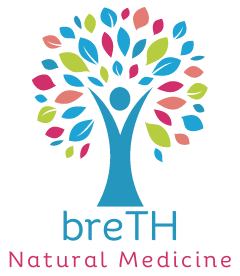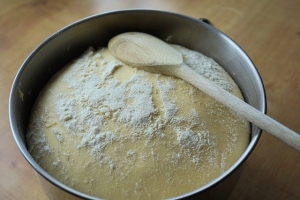Are your symptoms due to Candida overgrowth?
Candida albicans is a normal yeast found in our gut. However, it becomes problematic when it overgrows due to a variety of lifestyle factors and toxins from our environment. And, it is not the Candida itself that causes issues when it overgrows, but the toxic chemicals that it releases, contributing to the following concerns listed below.
Common symptoms include:
- Bloating
- Digestive discomfort
- Chronic yeast infections
- Fatigue
- Brain fog
- Poor concentration and memory
- Headaches
- Itchy skin
- Mood imbalances
- Weight loss resistance
- Sugar cravings
- Muscle and joint pain
- Weakened immune response
Reasons for Candida overgrowth:
- Diet high in sugar and processed foods
- Sugar directly feeds yeast and interestingly your body will continue to crave sugar with Candida overgrowth.
- Individuals with high blood sugar or diagnosed diabetes mellitus
- High blood glucose levels act the same way as eating a high-sugar diet, so managing blood sugar is paramount to eliminate Candida overgrowth.
- Chronic and unresolved stress
- Stress impairs your liver’s detoxification system and gut microbial diversity, weakens your immune response, and spikes your blood sugar – all factors that enhance the growth of Candida albicans.
- Several courses of antibiotics
- Antibiotics eliminate both beneficial and bad gut bacteria, and when the balance in your gut is disturbed, it can allow other organisms such as Candida to overgrow.
- Women that have chronic urinary tract infections and have been given several rounds of antibiotics more typically have this concern.
- Birth control pills
- Excess estrogen can promote the growth of Candida albicans.
- Toxins in our environment and water supply
- Chemicals such as fluoride and chlorine can impact our gut microbial balance and contribute to yeast overgrowth. Using a high-quality water filtration system for both your drinking water and shower head can offset these chemicals, as well as the other harmful chemicals and hormones found in municipal water.
What actions can you take?
- Get tested for Candida albicans. This can be done via blood or a stool sample
- Initiate a Candida Diet, which eliminates all sugars and foods that contain yeast and/or promote the growth of Candida albicans
- Reduce stress and implement lifestyle practices to promote detoxification
- Use the right supplements with the Candida diet. This includes natural antifungals to get rid of excess yeast and probiotics to balance your gut health
If you’re interested in being tested or receiving the appropriate Candida protocol, book your appointment here.

